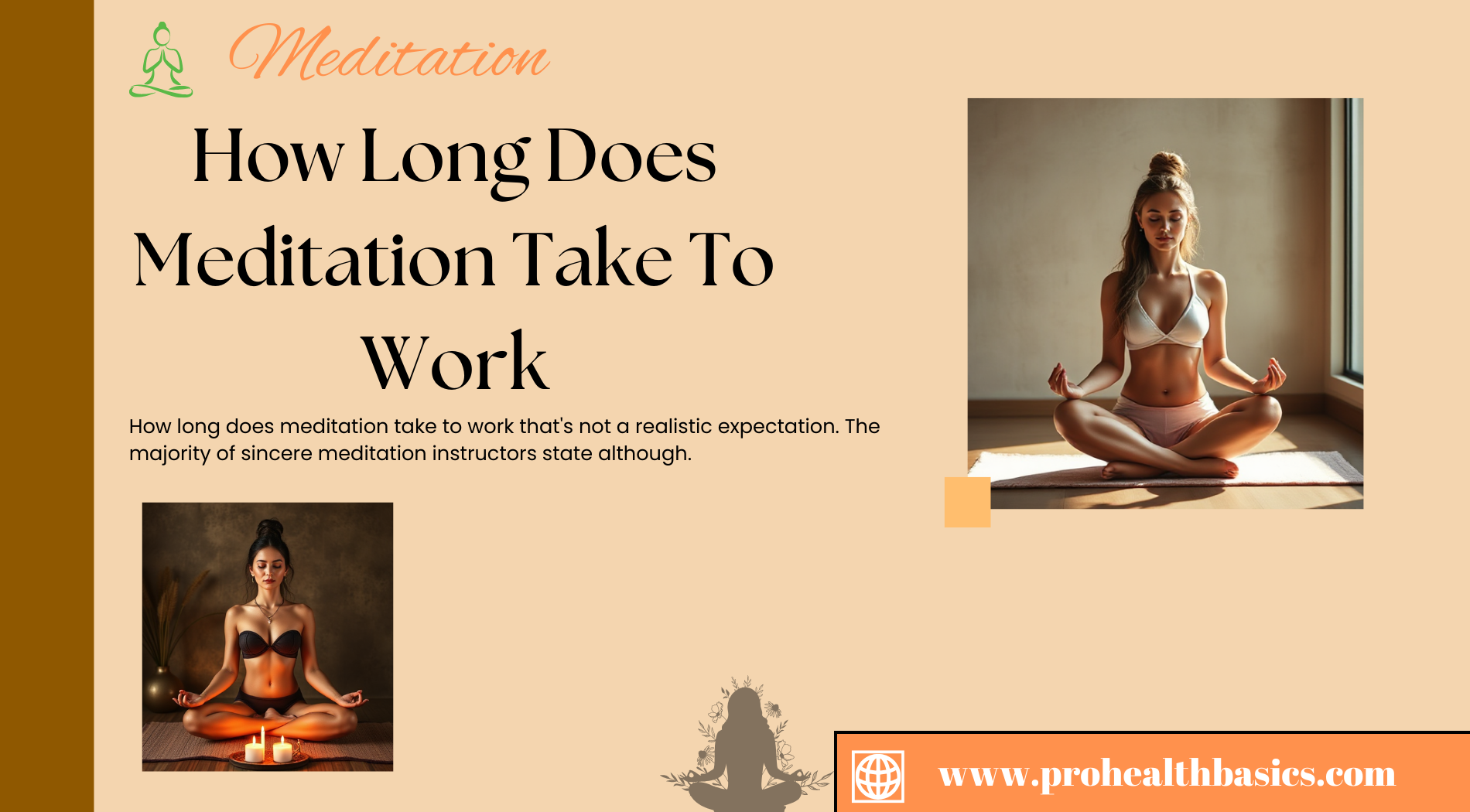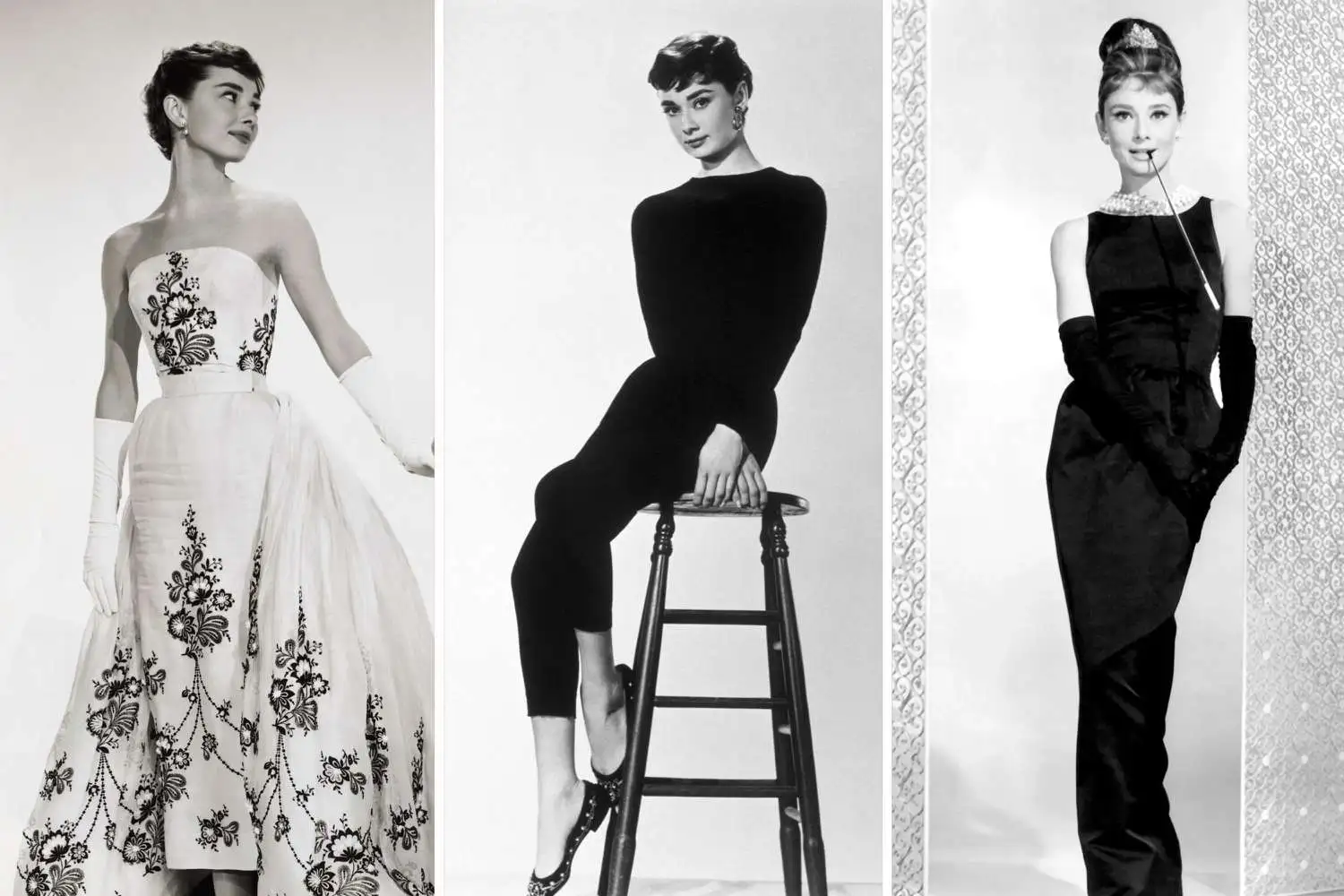Reflection might change your view of time, research proposes, which can be useful in the event that your life for the most part feels surged.
With our occupied, consistently in a hurry ways of life, no big surprise time appears to speed by. There is this reality that maturing forces a few significant effects on our impression of time," says Richard Davidson, PhD, the pioneer and head of the Middle for Solid Personalities at the College of Wisconsin in Madison.
It's a notable peculiarity that, as individuals age, time appears to elapse quicker than when they were youthful, as portrayed in an article in European Survey in 2019. All in all, apparent (abstract) time can feel more limited than estimated (or objective) "clock time."
In the event that time feels like it's flying by, you might be keen on figuring out how to dial it back. One potential procedure to utilize? Reflection.

Source: google.com
Per the Public Place for Reciprocal and Integrative Wellbeing (NCCIH), reflection incorporates different practices, numerous from Eastern customs, that coordinate the psyche and body to advance prosperity. You could zero in on the impression of your breath, or home in on the instinctive experience of what's happening around you (what you see, feel, or smell, for example), which relies upon the picked practice. And keeping in mind that there are a wide range of kinds of reflection, they all normally plan to assist you with developing more mindfulness and care of how you're feeling and what you're thinking right now.
How Does Reflection Influence Your Experience of Time?
Research recommends that your experience of time might be affected by contemplation — both speeding it up and dialing it back.
You Might Enter a Province of Immortality
A concentrate in PLoS One of every 2019 requested that members practice care contemplation for 30 minutes in the lab (note: they had drilled a directed reflection at home day to day for the week earlier). They were then approached to gauge different time spans, from 15 to 50 seconds and two to six minutes. Contrasted and individuals in control gatherings, individuals underrated diminutive timespans (15 to 50 seconds) during reflection and misjudged long time periods (two to six minutes); time likewise elapsed quicker for meditators, per their reports, than it accomplished for members who did a control work out (unwinding to music).

Source: google.com
The creators found that when members zeroed in on a contemplation work out, they weren't, as a general rule, involving mental assets for time handling, which is the reason the distinction might have happened. "Most [practicing] meditators say their feeling of time is adjusted when they contemplate on the grounds that they are outside time, for example in a condition of immortality," the creators composed.
It Might Modify Your Impression of Time in Alternate Ways
Furthermore, a few investigations have presumed that reflection can possibly dial back one's view of time.
Prior research inferred that care contemplation "increments time responsiveness and protracts apparent time." This review included experienced meditators (characterized as the people who rehearsed day to day for a long time) and new meditators, and tried them with a period mindfulness task while they pondered. The analysts found care stretched apparent time, particularly in the accomplished meditator bunch. They likewise found, curiously, that accomplished meditators in general had less restless sentiments than the new meditators, and that the people who felt less restless had expanded time responsiveness.
One more prior concentrate on care contemplation conjectured that care, with its emphasis on second to-second mindfulness, would prompt an apparent protracting of time. For sure, individuals in the review who stood by listening to a 10-minute care reflection practice misjudged its span, saying the activity was longer than those in a benchmark group who paid attention to a book recording, whose reactions proposed their impression of time had not changed.
At last, another review viewed as the inverse: When individuals finished a care reflection work out, their impression of stretches going from 15 to 60 seconds was judged more limited than control works out. The creators refer to their finding as "steady with the possibility that time passes quickly during contemplation as though time presently not existed." One element that might have impacted the outcomes is that they enrolled fledgling meditators; reflection requires more consideration and exertion when you're different to it, which might have affected the outcomes.
Research Difficulties to the Connection Among Contemplation and Time
This examination has a holes that should be addressed to all the more likely grasp the association between time insight and reflection.

Source: google.com
As a rule, a considerable lot of these investigations have been finished on generally present moment meditators, so we want more examination on the people who have polished for quite a while," Dr. Davidson says. "One of the forecasts I'd make is that with long haul reflection professionals, their impression of time turns out to be more exact and not one-sided somehow," says Davidson, from his own scholarly experience. What's the significance here? Indeed, just that your abstract time matches goal, or clock, time.
Time modifications with contemplation are reasonable brought about by changes in the cerebrum that happen with particular kinds of reflection, says Davidson. Precisely the way that this works is as yet being investigated. Per the NCCIH, studies propose that contemplation and care influence cerebrum design and capability, yet more exploration is required.
The examinations above zeroed in on care based reflection, however different types of contemplation might affect time discernment.
Susan Chen is an educator of Vedic contemplation (from old India, likewise called Supernatural Reflection [TM]) and a previous Money Road research expert and portfolio director who is knowledgeable in high speed conditions. "Vedic contemplation takes your brain and powers it down to a position of exceptionally still action," she makes sense of, from her experience. "It [may become] content resting there for the occasion," she says. This is counter to rumination that happens in overthinking about something before or stresses over what could occur from now on — importance, you're not completely mindful of the present. What's more, in the event that you're intellectually in every case elsewhere, telling time is hard.

Source: google.com
At the point when contemplation carries you into the current second, "you [may] feel the breadth of time," says Chen. "There's a relationship of how focused on a singular feels versus how long they believe they have," she makes sense of.
One review took a gander at experienced TM professionals and found they performed all the more precisely in time discernment undertakings contrasted and controls. More exploration is expected to figure out the impacts of different types of contemplation on time insight and its components.







